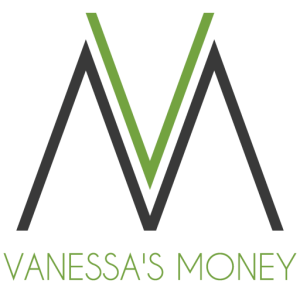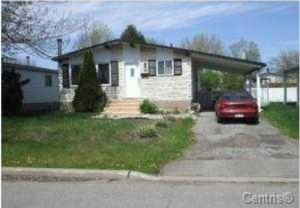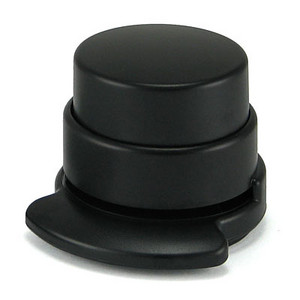When I was getting towards the end of my Cegep, I thought that it was maybe time to buy a house in Montreal. I had two ok jobs, I had savings and I thought that I wanted to live in my old neighbourhood, close to my parents, forever. Thankfully that didn’t happen because, almost right after I started university, the bridge that connects my town to Montreal started having some issues and there was a massive exodus of people because it can now take upwards of 2h getting into the city and who wants to commute in that?
So off to university I went and here I am now, grateful that I didn’t buy a house and eager to share my renting vs. owning news with you.
Short version:
My rent is $242.
Long version:
I accept the standard argument that “rent is throwing your money away”. I am a rational person who understand that, obviously, if I’m paying a mortgage, eventually the mortgage will be paid and I can live rent free and invest my rent money. This argument is used by two types of people and has two major flaws.
The first type of person who uses this argument is the person who does not save. In his mind, any money that you are paying towards a mortgage is equity that you are building and, at the end of 25 years, you will “have” $250 000! How fantastic! It will have cost you $450 000 but that’s cool because you probably aren’t very good at math anyways.
The second type of person who uses this argument is the person who just has to have a house. These people have been told their whole lives that having a house is a goal that needs to be fulfilled. I can’t really blame these people — going against society is a constant struggle and some people are content to be complacent and just do as society tells them.
I alluded to one of the flaws earlier — buying a house will, inevitably come with interest costs from your mortgage. If you are so inclined, you can pay your mortgage quickly and save on interest costs (yay!) but, unless you pay 100% cash, you will be paying interest — and a lot at that. Don’t try to argue that the interest costs are less than what you would “throw away on rent” without doing the mathfirst.
The second flaw is the what people like to call the “hidden costs” of home ownership. These costs aren’t so much “hidden” as “overlooked”, “misunderstood” or “ignore”. If you buy any property, you will need to pay property taxes of a few hundred dollars every month as well as set money aside for maintenance. If you buy a condo, you will need to pay an additional few hundred dollars every month. Just the property taxes alone are more than what I currently pay in rent.
Let’s say that I decide to stop “throwing away my money” and I bought a condo next door to where I currently live now. It’s nicer than what I have now but much smaller so we’ll call it even. I tell my awesome roommates that we’re moving and away we go, down the street with our beds and boxes of books.
First month’s bills come in and we have a roomie meeting where we decide how we’re splitting the costs:
Mortgage: $1872
Condo fees: $150
Property taxes: $267.08
Total: $2289.08 or $762.03 each
Every month, not including the mortgage, I will be paying $139.03 to the city and condo association. This is money that I will never get back, or that I am, in essence, “throwing away”. It is only $100 less than what I am currently “throwing away” on rent.
How much am I “throwing away” on interest costs for my $375 000 mortgage? $1093.75. How much principal am I paying? $783.59. So, each month I am “throwing away” $1232.78 to “gain” $783.59 in equity.
At what point will I break even? Assuming that my taxes and condo fees don’t increase, I will gain more in equity that I “throw away” in September 2019. By $4. Which I will use to buy this staple-free stapler:
This doesn’t mean that I will be $4 richer in 2019, it just means that I will stop hemorrhaging money at that point in time. By the time we make that “break even” payment, we will have “thrown away” almost $104 000 in interest, tax and condo fees vs the $61 500 that rent would have cost us.
(Obviously, this entire argument would be different if I lived in a high rent area — like Toronto — or if I lived in an area where house prices/taxes are low)
Staple-less stapler via


